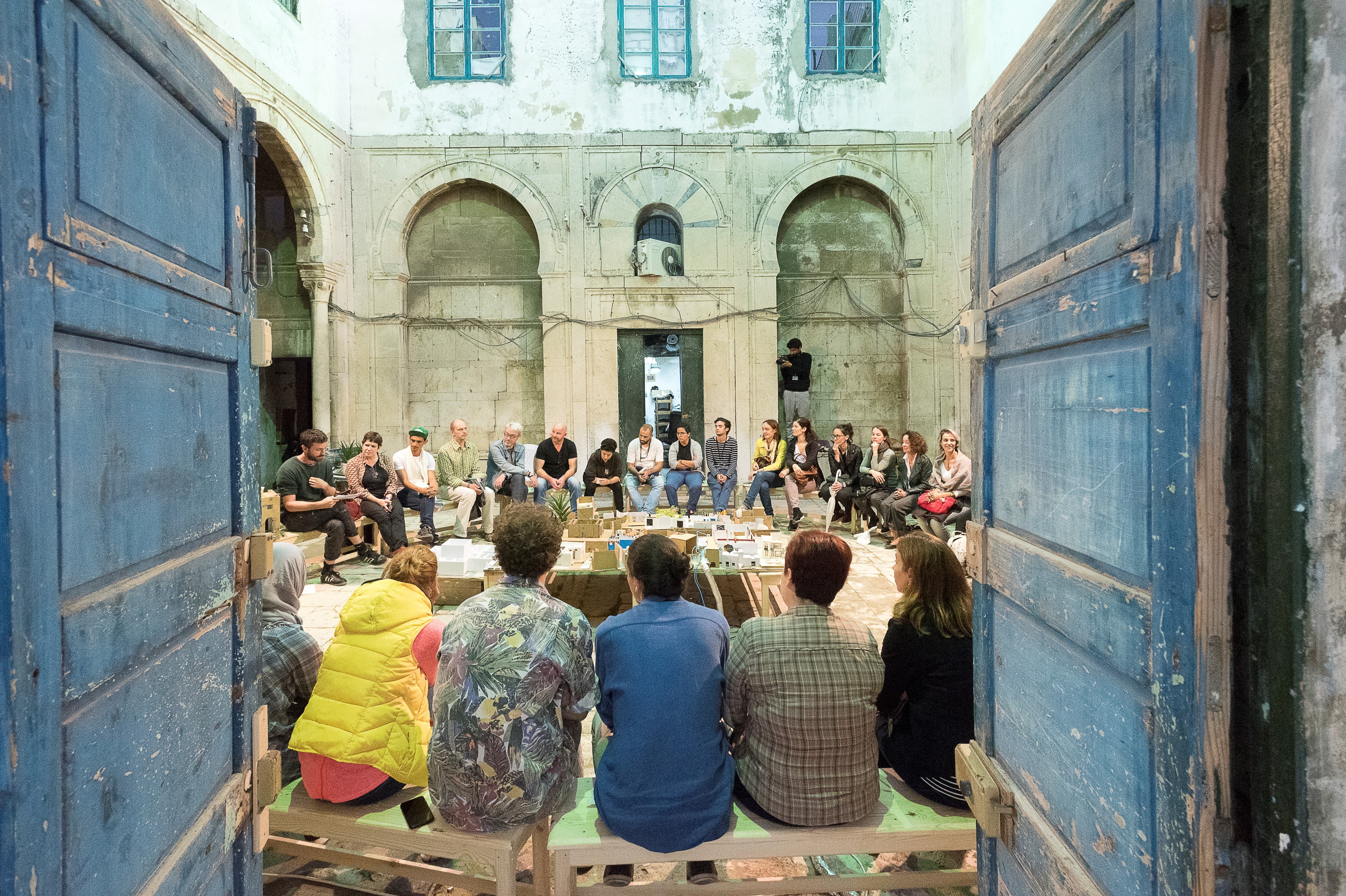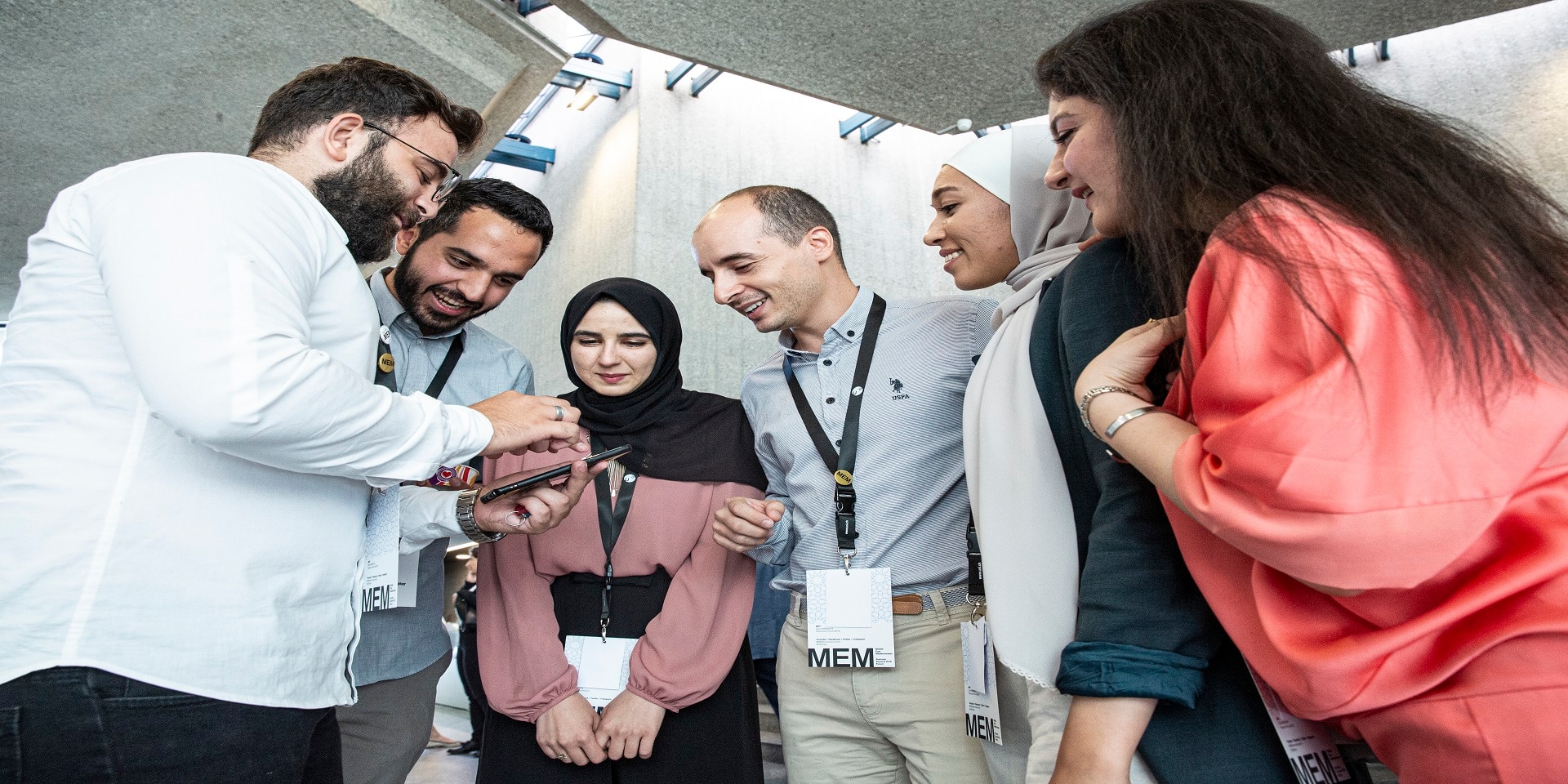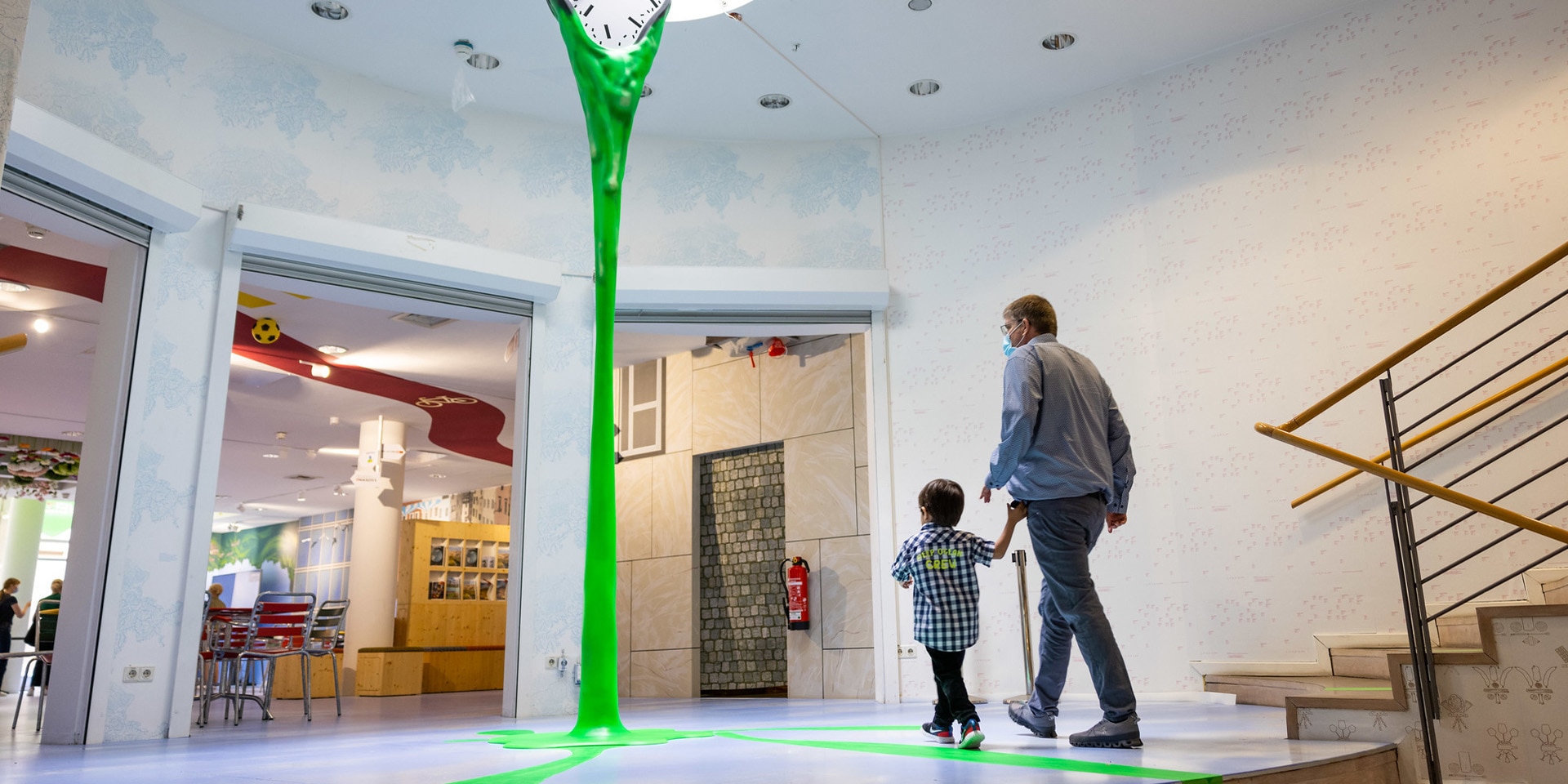Open Doors: culture driving sustainable development
In 2021 continues the collaboration of the Swiss Agency for Development and Cooperation with Open Doors. This section of the Locarno Film Festival supports directors and films from Southeast Asia and Mongolia. A core message underlies this 19-year partnership: culture is a key driver of sustainable development. A look behind the scenes – from Bern to Locarno via Mongolia – with Open Doors alumna Uran Sainbileg.
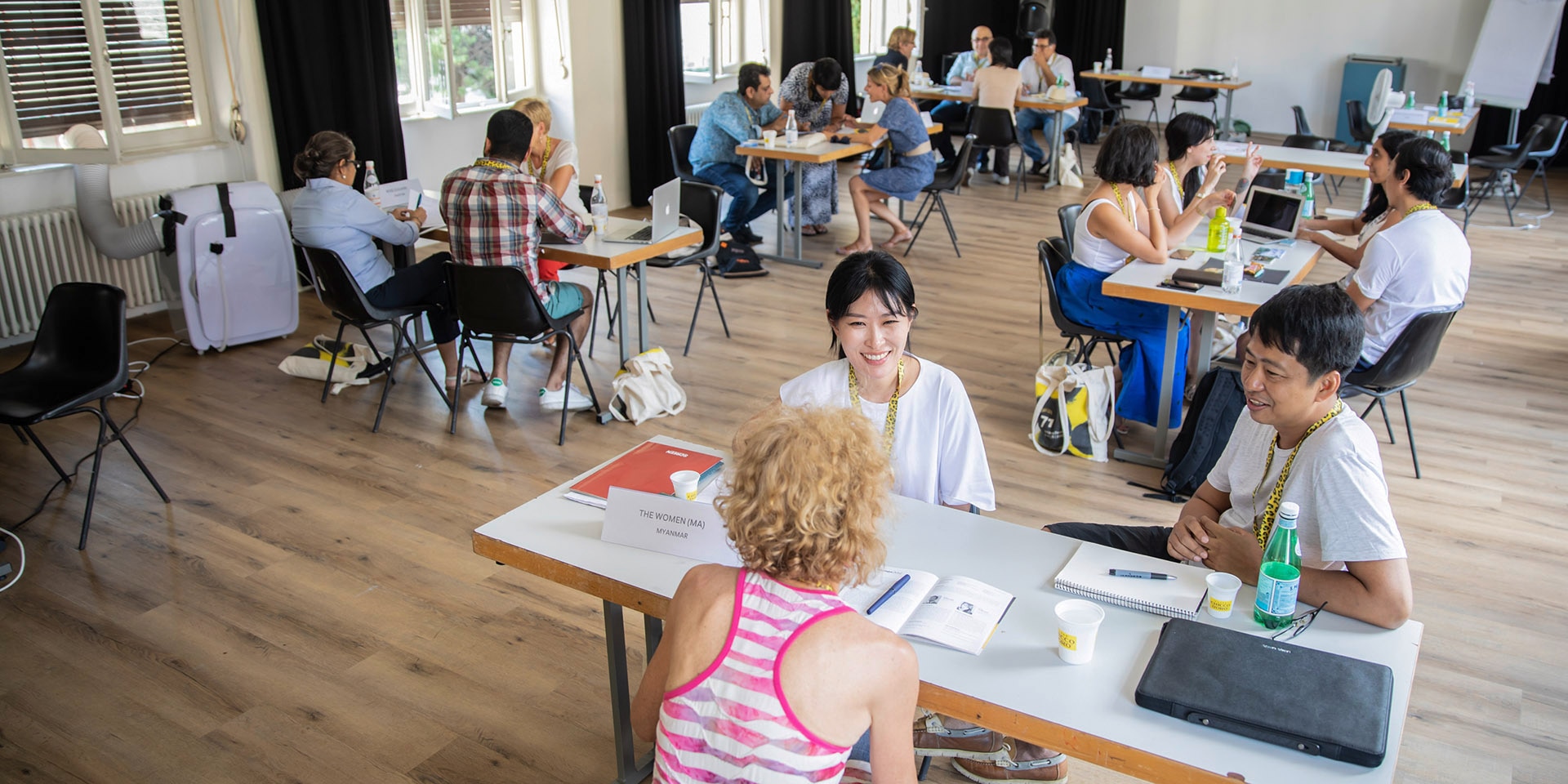
Underlying the SDC's collaboration with Open Doors is the firm belief that the cultural sector is a powerful driver of social development. © Locarno Film Festival
This year's Open Doors will run from 6 to 10 August 2021. This third and last annual outing of this event is dedicated to the cinema scene in Southeast Asia and Mongolia. Cultural operators in these countries often face hurdles accessing an international network for their projects, which then struggle to gain distribution and recognition – along with the messages and themes they want to communicate to their target audience. Open Doors addresses this need by drawing international attention to directors and films from these countries and by providing not only training but also a platform for sharing and collaboration that transcends national borders. Strong synergies are fostered between Open Doors and the programmes run by the SDC in these countries. Underlying this collaboration is the firm belief that the cultural sector is a powerful driver of social development that promotes the greater inclusion of local people in debates, new ideas and more political involvement. First stop Bern for a better understanding of the aims of collaboration.
"Culture promotes peace and economic development"

"COVID-19 has clearly shown, even in Switzerland, just how essential cultural activities are to our life in society," says Rudi von Planta, head of the SDC Culture and Development team. "Access to art and culture is one of the prerequisites not only for peace, but also for economic and social development. Indeed, respect for diversity of opinion is a factor in ensuring stability in the development of any society. For developing countries, countries on the path to lasting peace or countries in the midst of a democratic transition, it plays an even more important role," he continues. Rudi von Planta's tasks include overseeing cultural partnerships in Switzerland that aim to promote artists and cultural operators from Southeast Asian countries. The aim is to give them access to the Swiss cultural market and help them gain recognition and a source of income, thus strengthening their local arts scene. Open Doors is just one example of this.
Promoting an intercultural dialogue, diversity and more inclusive societies: the SDC's initiatives in this domain are underpinned by shared international ambitions, showcased by the 2030 Agenda and the 2005 UNESCO Convention on the Protection and Promotion of the Diversity of Cultural Expressions, ratified by Switzerland in 2008. "Creative industries are a fast-growing sector of the global economy. Art and culture create content and meaning, as well as a sense of belonging; they define an identity. Cultural life, especially for young people, gives hope for the future and encourages them to be proactive stakeholders in their own country's future," explains the expert.
Over the past three years, Open Doors has highlighted film talent and producers from Laos, Thailand, Cambodia, Vietnam, Myanmar, Indonesia, Malaysia, the Philippines and Mongolia. Open Doors producer and alumna Uran Sainbileg is originally from the last of these countries. One year after taking part, what goals has she managed to achieve? We take a brief look at her experience.
"After Open Doors we launched the first course for producers in Mongolia"

Uran Sainbileg took part in Open Doors 2020. At the time, the film project she was working on was in post-production. The ideas she garnered from international industry professionals and her exchanges and discussions with participants provided her with a boost which helped her complete that film and which she can use for future projects. "With Open Doors I learned how to support our local scene and my fellow directors by leveraging what I learned about how today's cinema industry works," the producer explains.
Taking part in Open Doors literally opened the doors of the Rotterdam International Film Festival Producers Lab for her and also encouraged her to submit – together with the Mongolian Film Institute – a project proposal to the SDC cooperation office in Mongolia. "Our initiative to organise courses for local film producers was selected and we're delighted to say that we'll be kicking off the first workshop in November 2021." The SDC expects all cooperation offices around the world to invest at least 1% of their budget in cultural projects. Uran Sainbileg's project is part of this commitment.
But what impact did Open Doors have on the cinema scene in her home country? Digital and social media platforms have taken on an important role in communicating messages to the general public in Mongolia. "After Open Doors, I was invited by the Mongolian government to participate, as a consultant, in the ongoing discussions on the country's first law to promote home-grown cinema." And in July 2021, she proudly explains, this was passed into law in Mongolia, a country with a film industry dating back 80 years. Helping drive change is ultimately part of what Open Doors is all about. Sophie Bourdon, head of the Open Doors section at the Locarno Film Festival, tells us more.
"Digital has strengthened inclusion, which is baked right into the very DNA of Open Doors"
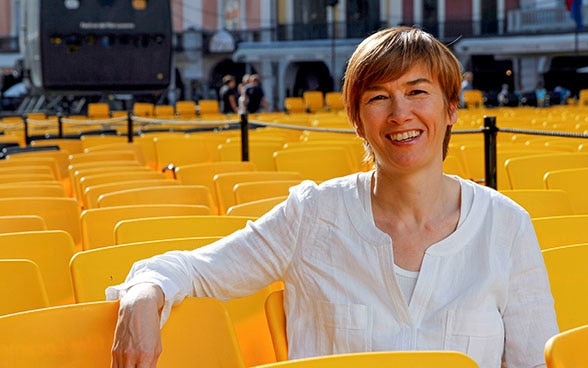
Choosing the Open Doors team and the SDC to focus on a specific region for three years dovetails nicely with the aim of fostering continuity and a long-term impact with the initiative. Participants are supported throughout the year. "Independent cinema in these countries often operates in an environment lacking a clear structural framework. It's encouraging to see alumni involved in discussions with local authorities to come up with a law designed to promote local cinema production, set up a film institute and even start vocational training programmes," explains Head of Open Doors Sophie Bourdon.
The digital format launched back in 2019 boosts not only continuity but also project involvement. "This approach makes it possible – even during a pandemic or in the midst of major political crises such as the one in Myanmar – to maintain regular contact with filmmakers, and for those in the industry to share ideas," says Sophie Bourdon. ToolBox, the interactive knowledge sharing and networking platform launched in June 2020, is fostering inclusion: "In one year, the Asian Open Doors community has grown from 250 members to more than 800 and we've been in contact with people in the industry who thought the initiative wasn't feasible given the importance of the Locarno Film Festival." With this in mind, online programming for short films at Open Doors 2021, as well as programming in Locarno cinemas, aims to continue 'opening doors' in order to spread messages that encourage societies to communicate and grow.

